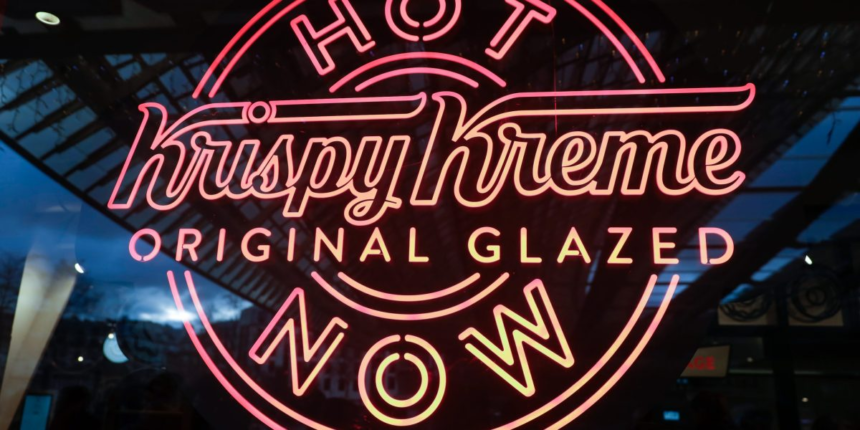Taken together, the week offered a broader lesson: retail-driven speculative behavior no longer signals generational angst or post-pandemic distortion. It has instead become a settled feature of the current cycle. Short-dated options are part of the retail toolkit, trading platforms span everything from sports betting to complex stock bets, and manic episodes rarely require justification to take hold.
Peter Atwater, an adjunct professor at the College of William & Mary who studies retail investors, said the current wave of activity reflects a shift in both market sentiment and investment toolkit. Meme stocks trading, he says, has lost its sense of novelty — and that’s precisely the point. “We’ve normalized memeing,” he said. “There’s a yawn to it now.”
In Atwater’s view, the most aggressive traders have already moved on to riskier frontiers – digital tokens, leveraged ETFs, prediction markets — while meme stocks have become more of a cultural rerun. “It’s like 30-year-olds dancing to music 20-year-olds used to party to,” he said.
“This generation is far savvier about options and market structure,” said Amy Wu Silverman, head of derivatives strategy at RBC Capital Markets. “While my generation was perhaps taught to ‘buy a house’ this one knows to ‘buy the dip.’”
It’s not happening in a vacuum. This week earnings season offered few surprises. Tariff deadlines slipped again. Noise from the White House blurred into the investment backdrop. The S&P 500 climbed 1.5% on the week and closed at a record high.
And while the latest frenzy was reminiscent of 2021’s pandemic-era burst, there were a few key differences. This week’s action was fleeting, lasting one or two trading days before petering out. Concerted campaigns in the options market played a smaller role. More than half of the top 100 stocks in the S&P 500 index were trading with inverted one-month call skew in 2021, a sign of bullish intent, according to Cboe. This week it got only as high as 21% for the group.
“The market makers and institutions have really adjusted to this phenomenon,” said Garrett DeSimone, head quant at OptionMetrics. They’re “able to hedge their risk and they know how to price these options in across these scenarios,” he said.
If it signaled anything, enthusiasm for memes is more evidence that an ever-more-empowered retail cadre is a fact of Wall Street life that isn’t going anywhere, at least not soon.
“I don’t think it’s the beginning of a new trend, but it is very interesting to watch because it speaks that the retail investor really wants to be involved in this market,” said Jay Woods, chief global strategist at Freedom Capital Markets. “This is bullish. This is not bearish. This is not significant of a top.”









